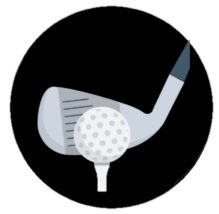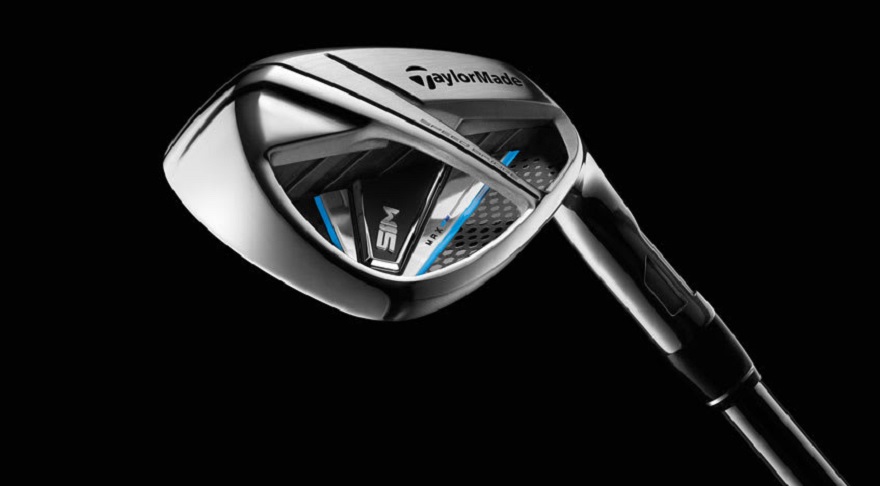What do the letters on golf clubs mean? Golf can seem a little complicated to newcomers and first-timers, and understandably so. There are so many golf rules and regulations and learning to play golf is difficult. Though not the first question new golfers will ask, many amateur golfers will eventually ask what the numbers on golf clubs mean. The meaning behind various golf club numbers is important, so Deer Creek Golf Club has created this quick guide for first-time golfers.
More Golf Tips for Beginners at The Deer Creek Golf Club Articles Page
Before delving into golf club number meanings, remember to check out our blog for a beginner’s guide to golf and other articles to help you learn how to golf.
Club Types – Guide for First Time Golfers
Traditionally, there are three types of golf clubs in every golfer’s bag. These days, some golfers will carry a hybrid golf club that is a mixture of iron and wood, but that’s not important when discussing what golf club numbers represent. The three golf club types are wood, iron, and putter.
Wood – These are the long-range clubs used at the beginning of every hole when you tee off. For longer courses, they are also used in the second swing. Woods have large, circular club heads with a flat front where the golf ball is struck.
Iron – Golf irons are used after teeing off and can be recognized by the extreme angle club heads. Every golfer has more irons than any other golf club in their bag!
Putter – Putters have short shafts and smaller club heads. You may recognize this club from the last time you played mini golf but, hopefully, your putter is much better than those!
As a guide for first-time golfers, a standard beginner golf club set would look like this:
- Woods – 3 & 5
- Irons – 3, 4, 5, 6, 7, 8, 9 and a pitching wedge
- Putter – only 1 needed
What do the letters on golf clubs mean
Golf club numbers refer to the loft, which is the angle of the golf clubface. Adjust the loft and you change the height or distance the golf ball will travel when struck.
- The lower the golf club number, the lower the loft, the less intense the angle on the golf club face; this means the golf ball will travel more distance at a lower height.
- The higher the golf club number, the higher the loft, the more intense the angle on the golf club face; these means the golf ball will travel higher but for a shorter distance.
If that all sounds like more science and physics than you wanted to learn today, we understand. Test your knowledge by reading the examples below.
Test Your Understanding of Golf Club Distances by Number & Type
- 2 Iron – The golf ball will travel far, not as high
- 9 Iron – The golf ball will travel very high but not very far
- 3 Wood – The golf ball will travel farther
- 5 Wood – The golf ball will travel higher
Location
In most cases, the number displayed on a fairway wood or iron is always in the same place. On fairway woods, this number is often on the bottom of the club so that it’s visible when the club is in your bag. Numbers stamped on irons are usually found on the bottom of the club for the same reason, but some manufacturers display this information on the rear of the club.
Club Covers
Most golfers use clubhead covers to protect their driver and fairway woods from damage sustained in their golf bag. These covers are always marked with corresponding numbers so that even when a clubhead is covered, you can still identify the club with ease.
Exceptions
Golf clubs such as the driver and putter do not typically carry numbers as a form of identification in the traditional sense. A driver, however, usually has a number such as 9.5 or 10.5 to indicate the loft of the club. Drivers are available in a variety of lofts. Wedges typically don’t have numbers. Instead that have letters such as P or PW for pitching wedge and S for sand wedge. The sand wedge, gap wedge and lob wedge might also be identified by the degrees of loft. The sand wedge, for example, might say “56” for 56 degrees of loft, rather and “S.” Putters also are not marked with a number because of its unique shape and flat face. This is what do the letters on golf clubs mean.

